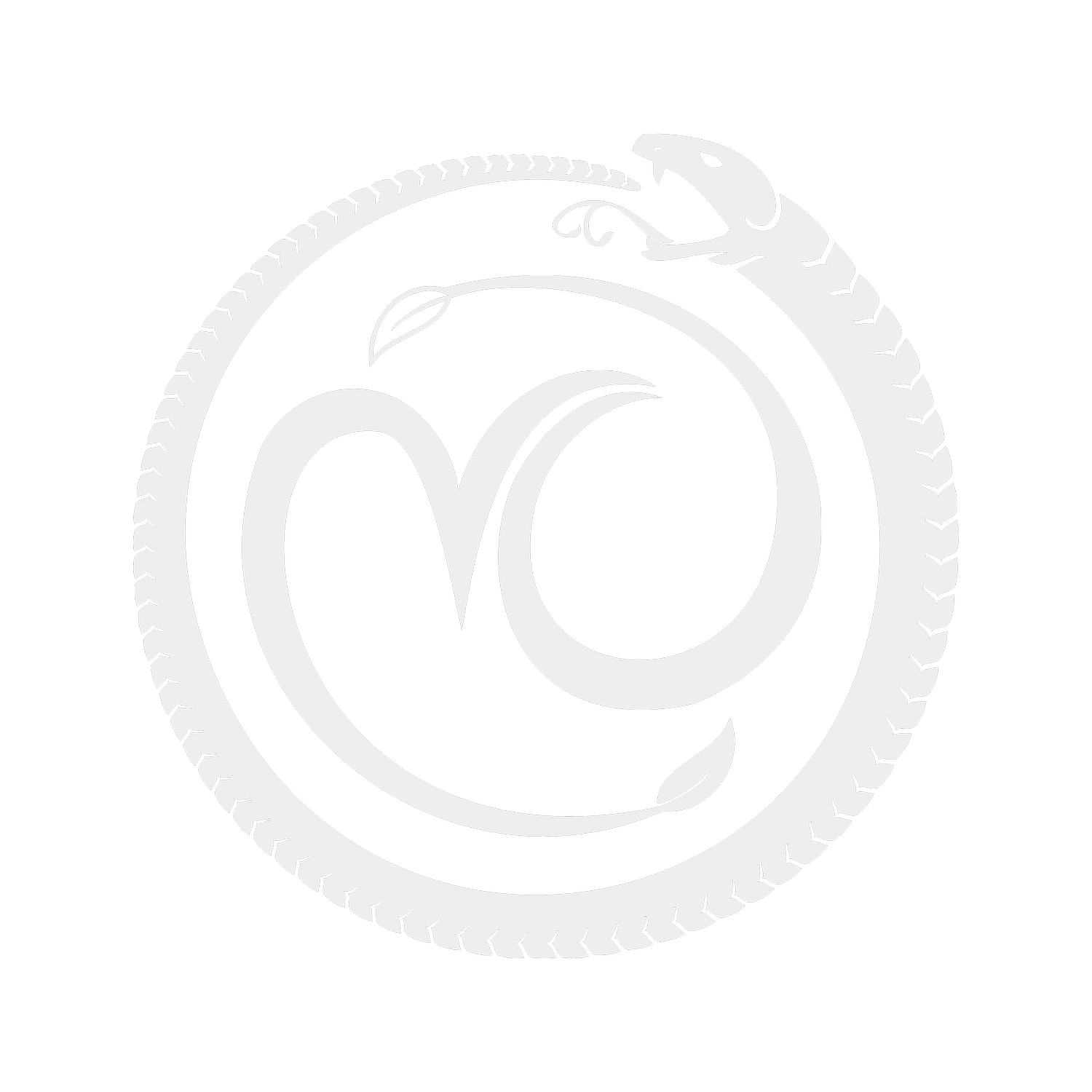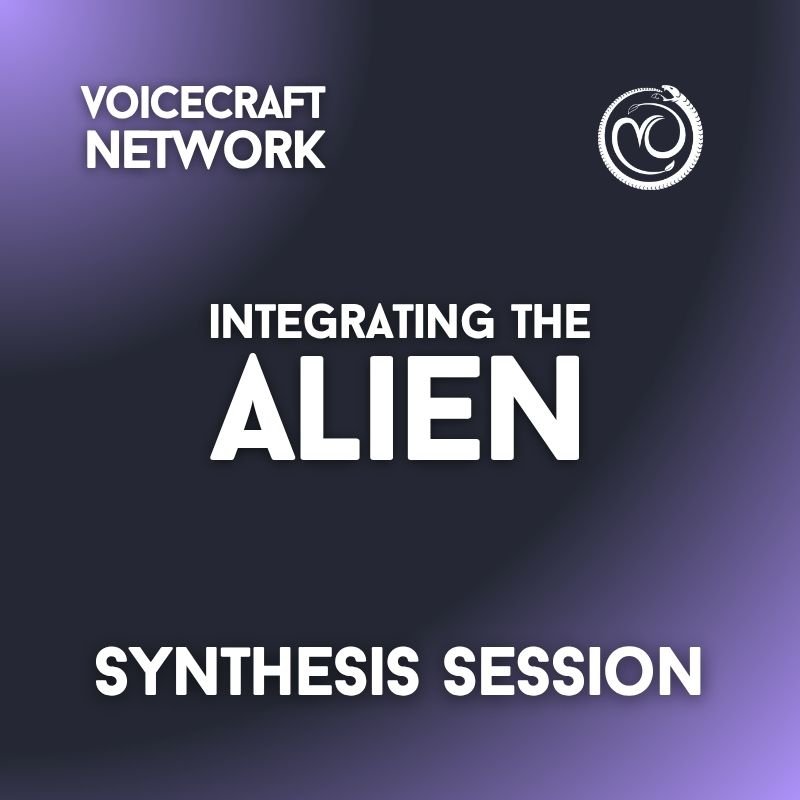E131| Artificial Intelligence & Human Reasoning w/ Dave Snowden
An exploration of AI, human intelligence, the dangers of cognitive atrophy and lines of flight in response to territorialisation. Welcoming the creator of the Cynefin Framework and iconoclastic generalist thinker Dave Snowden, who argues that AI represents artificial or algorithmic inference rather than true intelligence. He joins Tim Adalin for a dialogue that also broaches metacrisis vs polycrisis, religion and identity, economic and political systems, warfare and complexity.
-
The following shownotes are AI generated to give a rough sense of topics covered and to aid with search discovery.
Keywords
artificial intelligence, human reasoning, technology, societal implications, atrophy, modern warfare, economic systems, gifting cultures, complexity, human capacities, religion, identity, adaptation, evolutionary psychology, populism, design interactions, collective experiences, complexity, technology, empathy, power dynamics, choice
Summary
Key Themes & Timestamps
Opening: The Nature of Intelligence [00:00 - 08:30]
[00:38] Framing the conversation around artificial intelligence
[01:09] Snowden's core distinction: "It's more the question about intelligence, to be honest"
[01:30] Three types of reasoning:
Deductive: If A then B
Inductive: Pattern recognition from examples (how current LLMs work)
Abductive: Human reasoning linked to aesthetics and novel connections
Artificial Inference vs. Artificial Intelligence [08:30 - 13:15]
[04:30] Apple's research showing AI failures with complex tasks
[05:00] LLMs training on AI-generated content creating feedback loops
[05:41] The Irish walking example: embodied knowledge that can't be made explicit
[06:53] Physical augmentation vs. mental substitution - a critical distinction
[08:36] Snowden's reframe: "What does AI mimic as a multitude of human capacities?"
Extended Consciousness & Embodied Intelligence [13:15 - 25:05]
[09:04] Andy Clark's metaphor: the brain as "intelligent camera" is wrong
[11:25] Body intelligence and the role of neural chemical gradients
[13:07] Tim's question: "Why do you think the world is like that?"
[14:43] The 1980s scalability moment and systems thinking's dominance
[17:07] Physical capacity loss and immune system compromise
[19:25] The importance of maintaining "all rounder skills" for human survival
Education, Measurement & Cultural Atrophy [25:05 - 32:13]
[20:22] Tim asks about addressing capacity atrophy throughout history
[22:41] The "tyranny of measurement" and its perverse incentives
[25:05] Assemblages and "lines of flight" - how systems can be deterritorialized
[26:31] Against cultural appropriation of indigenous knowledge
[28:30] Tim brings in warfare and meta-crisis framing
Warfare, Complexity & Game Theory [32:13 - 43:30]
[34:08] Putin playing "go" not chess - changing the board vs. grand strategy
[36:32] The concept of "ruse" - restoration of historical Russia
[38:50] Using children as ethnographers at scale
[41:08] The PAGODA framework: Proximity, Anomaly, Granularity, Obliquity, Disintermediation, Abduction
[43:30] Ukrainian warfare innovation and civilian resilience
Religion, Identity & Collective Meaning [48:00 - 57:35]
[48:20] Tim's question about religion and collective identity
[49:04] "Human beings cannot avoid being religious" - evolutionary psychology perspective
[51:00] Catholicism's success through absorption, not imposition
[52:30] The Reformation's shift from social to doctrinal religion
[54:32] Indigenous religion as "understanding of the world and interactions"
[56:00] Against metamodern elitism and "inner development goals"
Economic Systems & Gifting Cultures [57:35 - 01:05:02]
[58:53] Human evolution in decision groups, not as individuals
[01:01:35] Neolithic social structures: sexual pairs, hunting groups, and macro-deems
[01:03:40] Gifting vs. exchange economies
[01:05:04] Tim asks about identities vs. individuals as primary units
Technology, Design & Emergence [01:15:00 - 01:26:04]
[01:15:08] Tim on supporting "granular proximal local interactions"
[01:19:55] The transgressive nature of local contextualized interaction
[01:22:11] Snowden: "Human beings shape their own ways" - way shaping vs. way finding
[01:23:08] Designing interactions and scaffolding, not outcomes
[01:26:04] Mimicking bee swarming behavior for political decision-making
Boundaries, Safety & System Design [01:26:04 - 01:32:48]
[01:28:52] The RAS framework and anonymous fifth person design
[01:31:11] National service proposal for cultural exposure
[01:32:48] Extreme sports and society's risk deficit
Power, Manipulation & Lines of Flight [01:40:00 - 01:54:00]
[01:40:39] Powerful actors "manipulate the environment and exploit opportunities"
[01:43:16] De-territorialization through granularity
[01:45:51] Against explicit systems that can be gamed
[01:51:27] Tim's final question: "Why this way rather than that way?"
[01:52:01] Snowden: "I want the world to be survivable for my granddaughter"
-
APPLE PODCASTS | OVERCAST | SPOTIFY | RSS | SOUNDCLOUD | GOOGLE PLAY | YOUTUBE
-
Dave is the creator of the Cynefin Framework and originated the design of SenseMaker®, the world’s first distributed ethnography tool. He is the lead author of Managing complexity (and chaos) in times of crisis: A field guide for decision-makers, a shared effort between the Joint Research Centre (JRC), the European Commission’s science and knowledge service, and the Cynefin Centre.
He divides his time between two roles: founder and Chief Scientific Officer of The Cynefin Company and the founder and Director of the Cynefin Centre. His work is international in nature and covers government and industry looking at complex issues relating to strategy and organisational decision-making. He has pioneered a science-based approach to organisations drawing on anthropology, neuroscience, and complex adaptive systems theory. Using natural science as a constraint on the understanding of social systems avoids many of the issues associated with inductive or case-based approaches to research. He is a popular and passionate keynote speaker on a range of subjects and is well known for his pragmatic cynicism and iconoclastic style.
Learn more about Dave and Cynefin at https://thecynefin.co/team/dave-snowden/
-
Tim is the founder of Voicecraft and a philosopher with a focus on the relation between participation and transformation. You can connect with Tim individually @ https://www.timadalin.xyz
-
Voicecraft conversations expand how the world is known across themes of psyche, culture and nature.
The Voicecraft Project is comprised of a media & events platform, academy, and participatory membership network.
-
Listen on YouTube: https://www.youtube.com/embed/Qaj-stBL4W0
Support this project
This project is fuelled by support on Patreon, Substack and membership in the Voicecraft Network. If you appreciate the work, please consider becoming a Patron, or by signing up as a paid subscriber to the Substack mailing list using the form below.
Go here to learn about the Voicecraft Network and how to apply.
Or, make a one time donation using the button below.
Participate
You can learn about the Voicecraft Network here. If scheduled, below you’ll find a selection of online & in-person events which explore similar themes to the Voicecraft podcast, in the same spirit of participation.





















